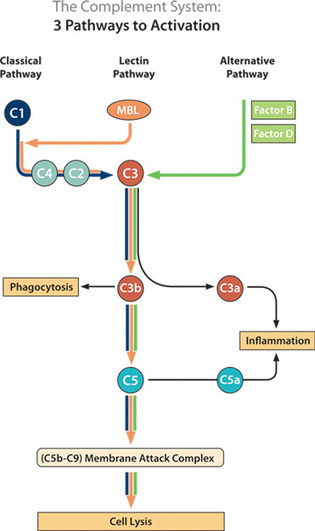True North is developing novel humanized antibodies that inhibit pathogenic activity of the Complement pathway of the immune system. In contrast to conventional drug development approaches that focus primarily on inhibiting downstream components of the Complement cascade, True North’s therapeutics are designed to selectively target and block upstream processes in pathways of the Complement system.
True North’s deepest drug discovery expertise involves the Classical Complement pathway, which is a pathway that has not previously been successfully pursued for drug development. True North’s lead drug candidate, TNT009, selectively targets the Classical Complement pathway to address fundamental disease mechanisms.
Based on deep insights in Complement system biology, True North’s R&D engine is creating a pipeline of monoclonal antibodies focused on the treatment of Complement-mediated rare diseases in the hematologic, kidney transplant, and skin therapeutic areas.
Via Krishan Maggon



 Your new post is loading...
Your new post is loading...








